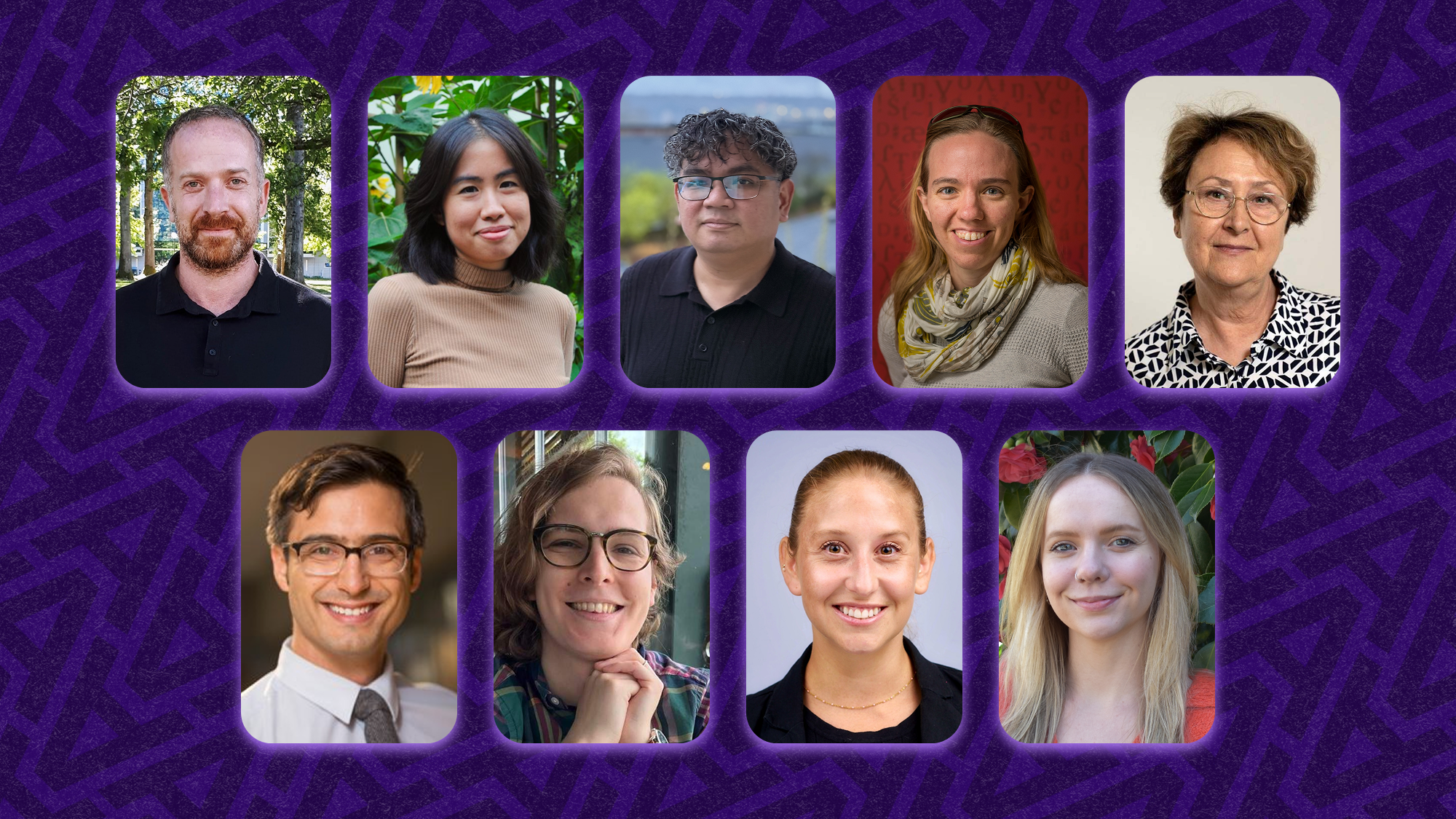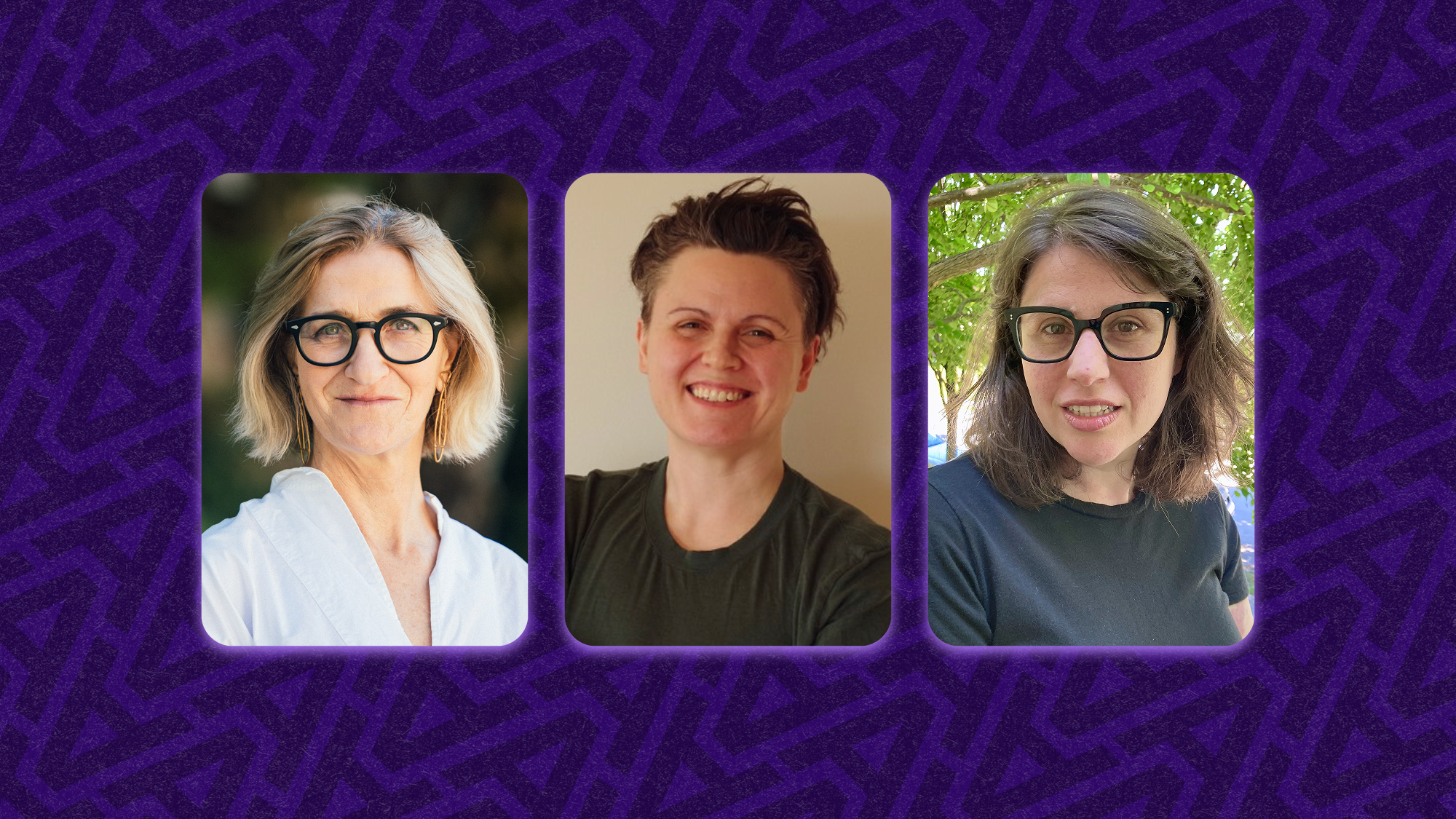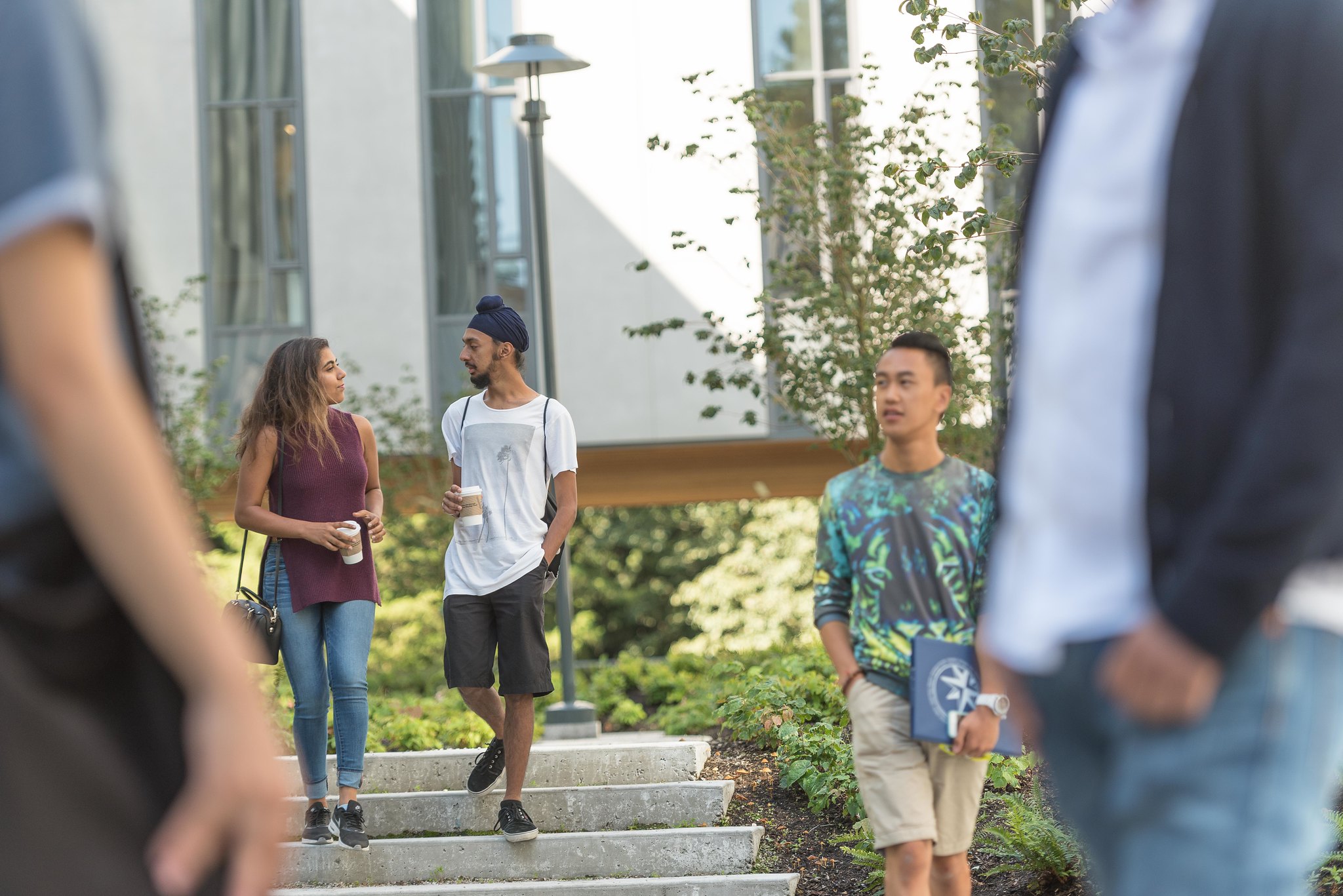English Professor Margery Fee probes neglected and misunderstood Indigenous texts in the upcoming McLean Lecture Series on February 9, March 9 and March 16
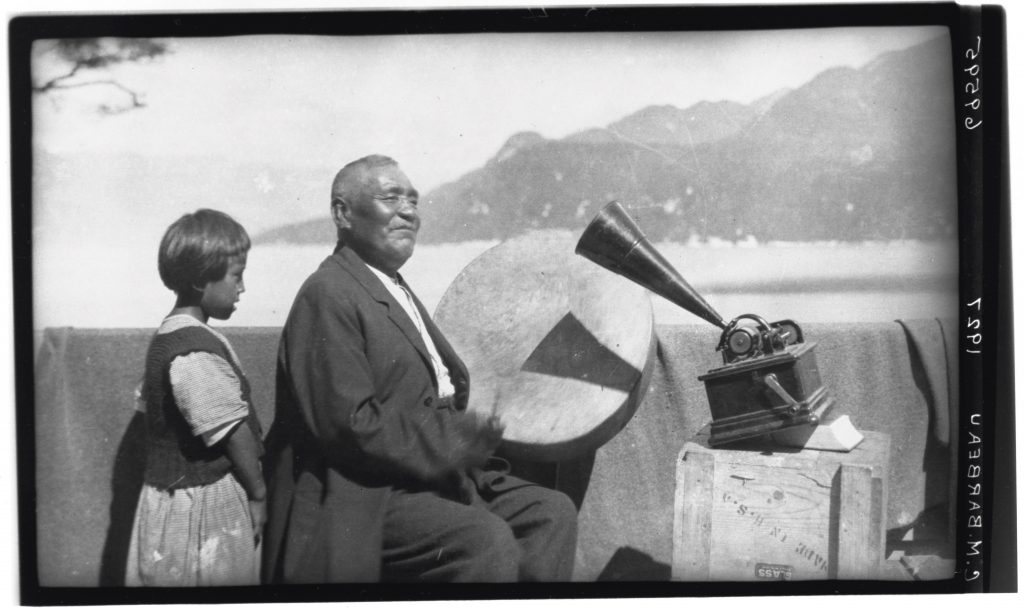

Nisga’a Chief Tralahaet (English name Frank Bolton) sings into a phonograph in 1927. Dr. Margery Fee says the image reflects the way songs were recorded and then stock-piled in archives in Ottawa, isolated from people who had a close cultural connection to them. Many songs have now been digitized so Nisga’a people can hear Chief Tralahaet singing again. (Canadian Museum of History #69595)
Margery Fee has researched Indigenous literature for most of her career. But lately, the UBC English professor and Chair of Canadian Studies has become preoccupied by the stories she didn’t hear, the writing she didn’t read and the lives she overlooked.
Dr. Fee recognizes that many Indigenous texts she has analyzed and taught over the years have been selected and filtered by non-Indigenous anthropologists and editors who overlooked what they didn’t understand, suppressed what they didn’t find appropriate, or neglected what they didn’t deem to be authentic enough.
For example, Fee notes that when famed anthropologist Franz Boas travelled to the Pacific Northwest at the turn of the twentieth century to collect what he believed were the last traces of vanishing Indigenous cultures, he and his colleagues discarded any stories referring to colonial conditions and post-contact culture.
“They weren’t interested in stories about contemporary life and politics, particularly not those that satirized settlers,” says Fee. “Boas sometimes cut part of the story that made it clear the teller knew about guns or clocks, because these were post-contact trade goods. These mentions marked the stories as inauthentic, because they were not pure – they were ‘contaminated’ by the knowledge of Christianity and modern history and technology.”
Despite holding vastly different worldviews from the cultures they studied, anthropologists like Boas played a hugely important role in shaping what non-Indigenous cultures heard and read about Indigenous people, says Fee.
As the Brenda and David McLean Chair in Canadian Studies, Dr. Fee is not only exploring Indigenous texts that have been overlooked, but also proposing new ways to analyze and contextualize them. She argues that these early Indigenous literary genres like communally produced manifestos or oral declarations require different ways of reading than those used to analyze Western genres like poetry, fiction and drama.
This February and March, Prof. Fee will deliver three public lectures about her work at Green College, as part of the McLean Lecture Series.
Indigenous Literature in the Curriculum
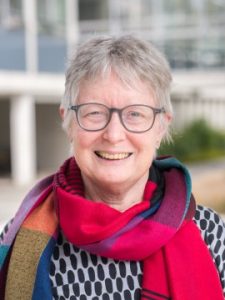

Dr. Margery Fee is the Brenda and David McLean Chair of Canadian Studies. She will give three public lectures in February and March 2017 on the history of Indigenous texts in the Canadian northwest.
Fee taught UBC’s very first undergraduate course in Indigenous literature in 1996 and has become an influential scholar within global Indigenous and postcolonial studies.
Her interest in Indigenous issues was sparked when she was a 19-year old university student at York University. She joined the organizing committee for a conference that brought together Indigenous activists fighting Prime Minister Pierre Trudeau’s White Paper, which proposed abolishing the Indian Act. “This was the first time I had even met an Indigenous person – so the conference had a big impact on me.”
She says that since the 1990s, Indigenous literature has increasingly been brought into the curriculum. However, non-Indigenous instructors have difficulty teaching collective cultural forms like oral history while respecting their differences, and as a result have tended to only focus on the types of stories that fit into their frameworks.
“Literary scholars often want texts that resemble what they believe to be the important texts in their own culture, so Robert Bringhurst, who translated the works of some early Haida storytellers, compared them to Homer and other great writers of the European tradition,” she notes.
“Mainstream conventions around particular genres such as oral story, petition and manifesto, and life story often impede or block the kind of mutual understanding that is necessary for reconciliation.”
Decolonizing Conversations
To avoid continuing a pattern of neglect, misunderstanding or appropriation, Fee says scholars need to pay attention to the work of Indigenous writers and intellectuals and join them in the work of recovering and contextualizing these texts.
“Many mainstream Canadians want reconciliation with Indigenous people and sincerely deplore the cruelty of residential schools. However, they don’t realize the degree to which reconciliation requires them to change their understanding of themselves and even their principles, which continues to make them deaf to what Aboriginal people are actually saying.”
Fee argues that more training is needed in Indigenous cultural protocols, languages, histories and worldviews. “We certainly should be supporting and investing in language revitalization and more courses at universities taught by experts if we are going to make the claim that we are getting it right.”
The 2017 McLean lectures take place at 7:00pm on Thursday February 9, Thursday March 9 and Thursday March 16 at Green College (Coach House). Everyone is welcome to attend and no RSVP is required.
